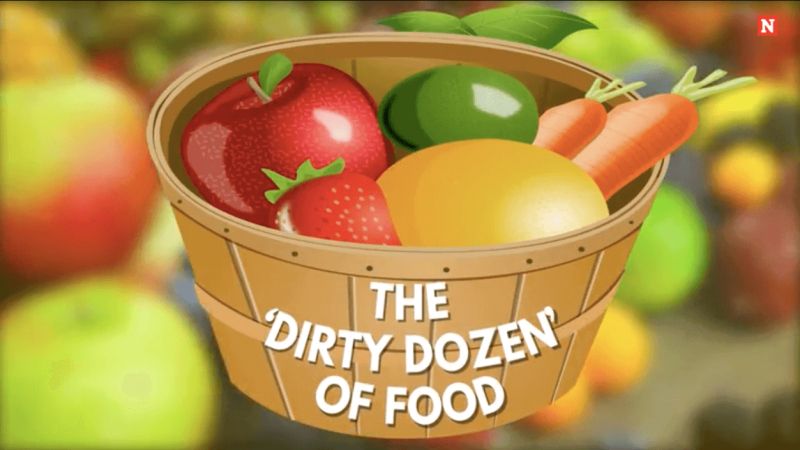Today, I want to talk to you about something I recently changed my mind about. This …. might come off as controversial, but …. let’s dive into the world of pesticides.
…
What I have come to realize is that to tell someone that they should eat organic is not a valid message. To be more specific, the idea of the [Environmental Working Group’s] “dirty dozen” and “clean fifteen” is something that I really want to talk about.
…
Key Insight: The Dirty Dozen only looks at the number and not the toxicology therein.
If a food came through that had a harmful amount of two pesticides, and another that had completely harmless amounts of three pesticides, the food with three pesticides would rank worse simply based on the number of them (and not how harmful they are).
Bottom Line: The Dirty Dozen’s ranking system is ineffective because it …. simply [focuses] on how many pesticides there are – that might sound worse, but it often is not the case.
Read full, original article: Things I’ve Changed My Mind About: Pesticides































